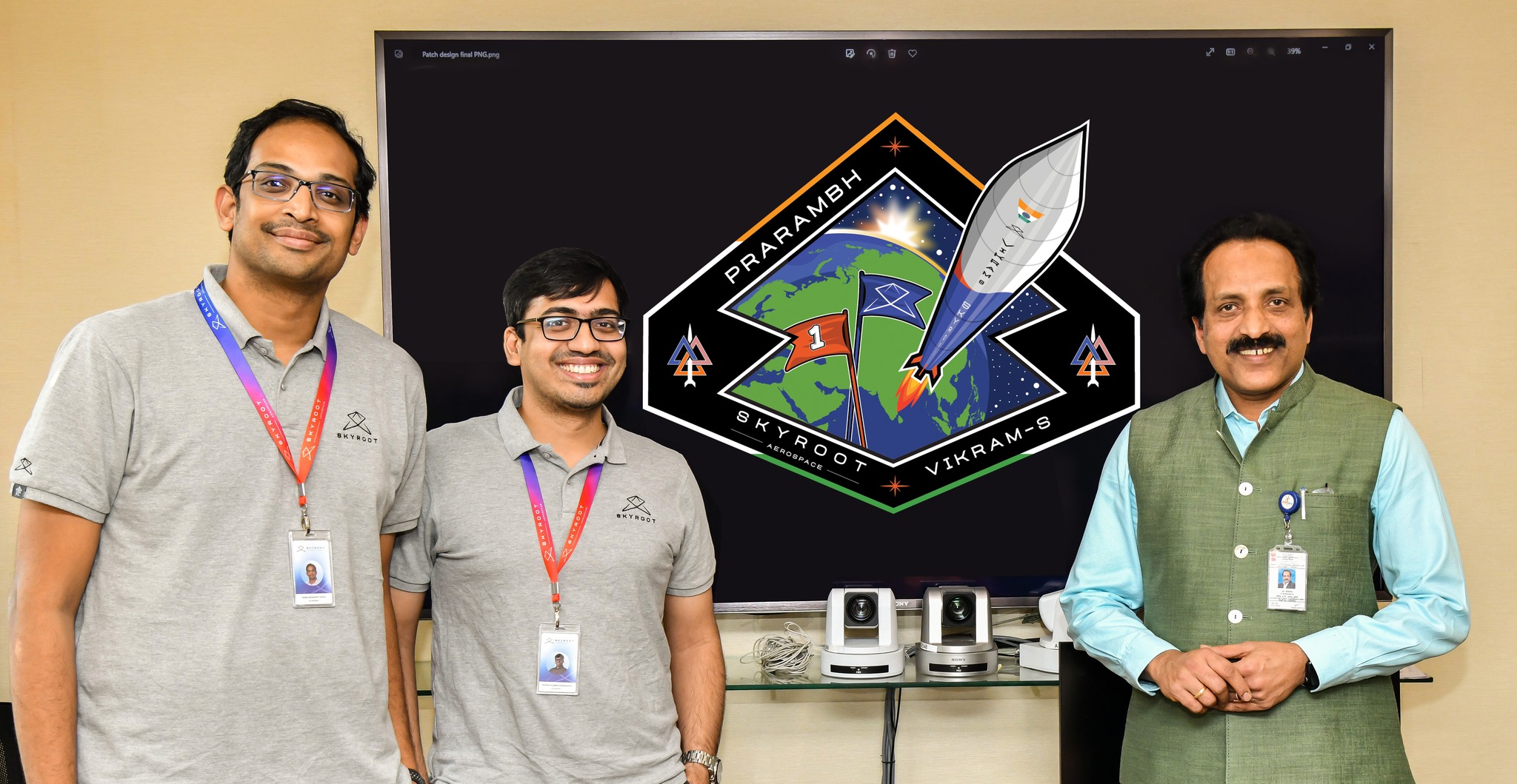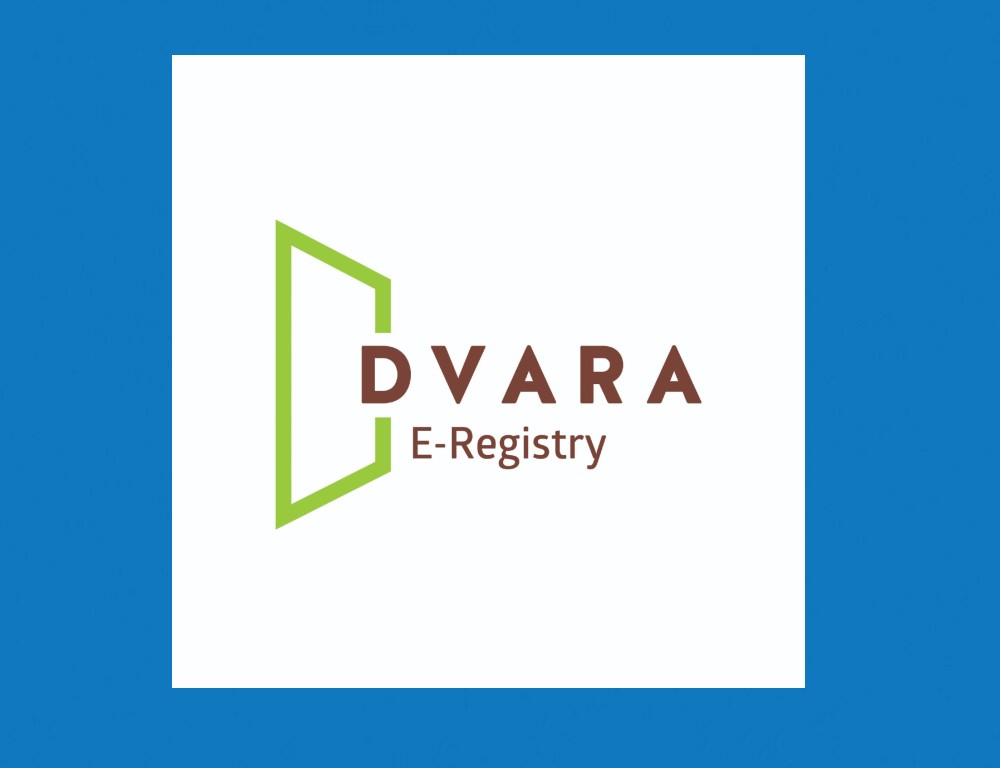Vikram-S Rocket, India’s first privately developed rocket launched from the Indian Space Research Organization (ISRO) at the Sriharikota launchpad. The launch of Vikram-S Rocket by ISRO is a historic moment.
The Vikram-S Rocket is developed by Hyderabad-based start-up Skyroot Aerospace Private Limited, and it is a 6-meter gall and hits a peak altitude of 89.5 kilometres. After five minutes of launch, the Vikram-S Rocket splashed into the Bay of Bengal. The mission was titled Prarambh.
About Vikram-S Rocket
The Vikram-S Rocket is a single-stage solid fuelled, sub-orbital rocket developed over two years by incorporating advanced technologies that include carbon composite structures and 3D printer components.
The Vikram-S Rocket is equipped with a gross lift-off mass of 545kg, and a payload mass of 80kg. Vikram-S carried three customer payloads which will map the measurement and validation of certain flight parameters and payload integration processes.
About Skyroot Aerospace
The Skyroot firm was launched in June 2018 by two engineers Pawan Kumar Chandana and Naga Bharath Daka. The firm aims to open space for all, he is pushing the boundaries of today’s techno. It is working towards a future where space becomes a part of our lives and claims that such a transition will transform humankind like never before.
Initially, Skyroot built ticket components to send satellites into space. After the Indian government opened the sector to private firms, it promptly signed up with ISRO, which allows such players to use the agency’s launching facilities. The start-up formally entered the space and technology industry with an agreement with ISRO in September 2011.
Key Points related to the Vikram-S Rocket launch by Skyroot
- The launch of India’s first privately developed rocket was a technology demonstration flight to showcase the capabilities of the company.
- The rocket will help validate the technologies that will be used in the subsequent Vikram-1 orbital vehicle of Skyroot.
- The Indian National Space Promotion and Authorisation Centre (In-space) has been operating as a single window, the autonomous nodal agency of the Department of Space (DOS) to boost the private sector economy in India.
- This project took Skyroot Aerospace about two years to develop and built the Vikram-S using advanced technologies.





